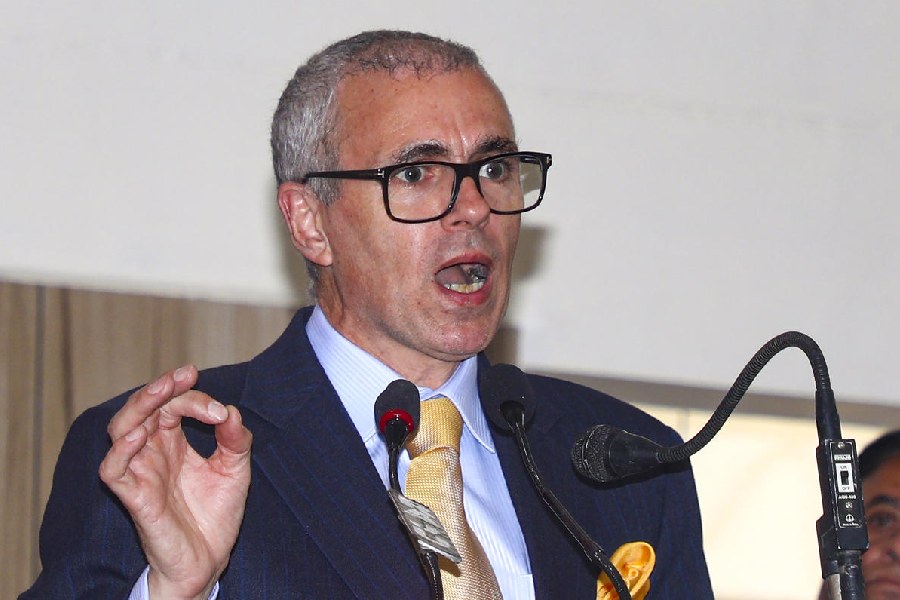Leader of Opposition in the Lok Sabha Rahul Gandhi on Tuesday said that it was "both disrespectful and discourteous for the PM and HM to have made a midnight decision to select the new CEC" as the Supreme Court hearing of the committee headed by Prime Minister Narendra Modi for the appointment of the new chief election commissioner was still due.
During the meeting of the committee to select the chief election commissioner, Gandhi presented a dissent note to PM Modi and Union home minister Amit Shah.
In an interview with PTI, Jammu and Kashmir chief minister Omar Abdullah said that "dissent was his [Gandhi's] right and he exercised it".
"He has a right to dissent...that is why he is there. He is there to give a point of view, he is not there simply to agree with what the government suggests or proposes," Abdullah was quoted as saying by the PTI.
"Where is it stipulated that the Leader of Opposition has to agree with what the government does? It is for the government to agree to it or not," he added.
Omar Abdullah also informed that three new criminal laws had been "by and large" implemented successfully in the union territory.
"In the case of Jammu and Kashmir, so far, the implementation of the new laws has been by and large successful except [for] a few instances. These issues will be addressed," Abdullah said outside the ministry of home affairs [MHA] office after a review meeting chaired by union home minister Amit Shah.
Jammu and Kashmir Lieutenant Governor Manoj Sinha and other senior officers were also part of the meeting.
"The meeting discussed the shortcomings and the areas to work upon for the smooth implementation of the three laws in Jammu and Kashmir," Abdullah said.
The union home minister said in the meeting that a similar exercise had been completed for 11 states and union territories.
When asked why he was not present in the two security review meetings for Jammu and Kashmir held recently, Abdullah said: "If a decision is taken that the elected government will not be called for the security review meeting, what can we do? That is ok."
The Bharatiya Nyaya Sanhita, the Bharatiya Nagarik Suraksha Sanhita and the Bharatiya Sakshya Adhiniyam replaced the colonial era Indian Penal Code, the Code of Criminal Procedure and the Indian Evidence Act of 1872, respectively.
The new laws came into effect from July 1 last year.









